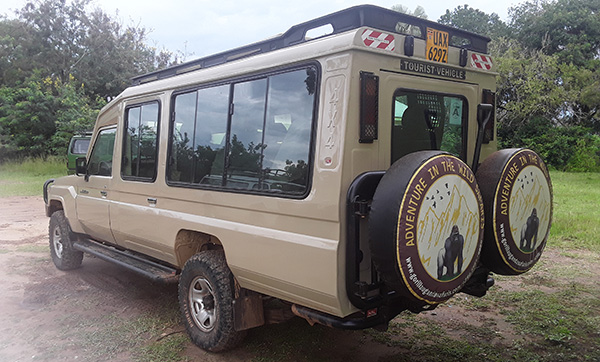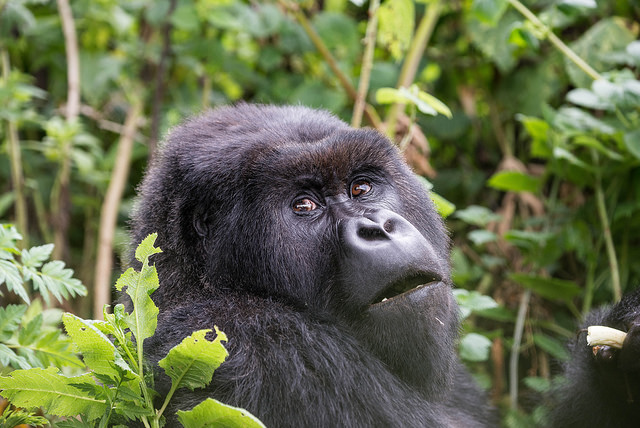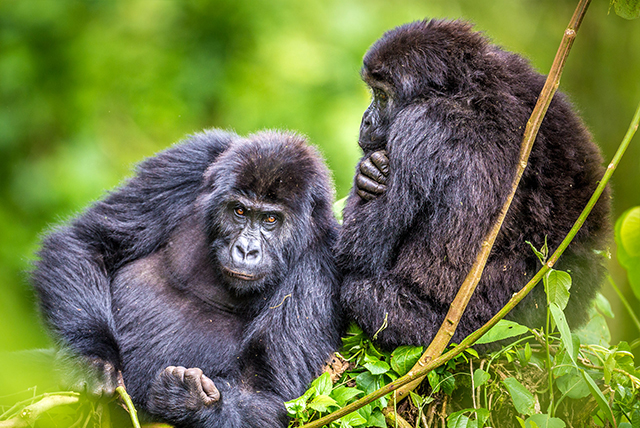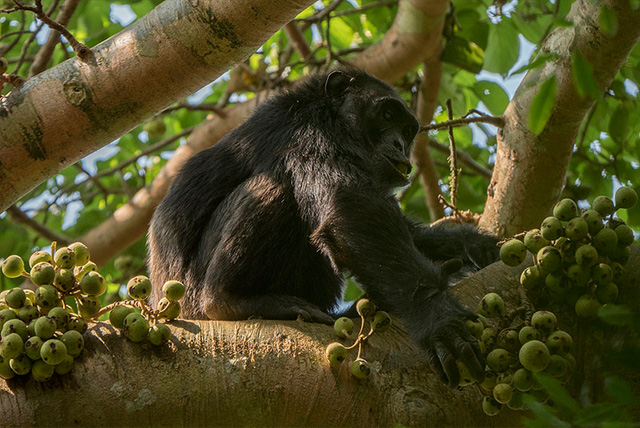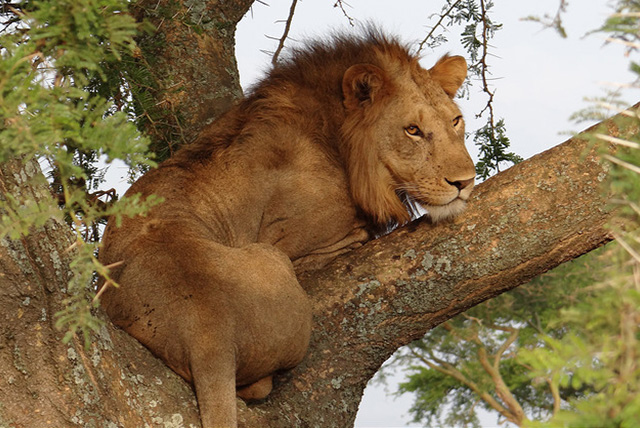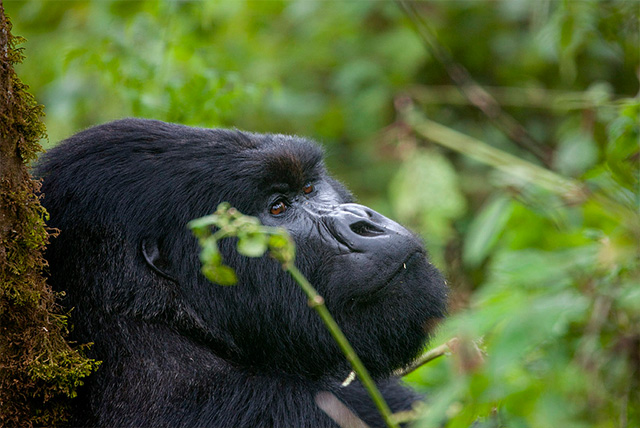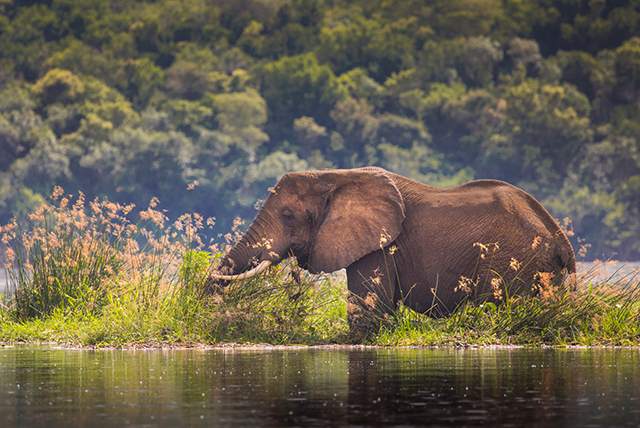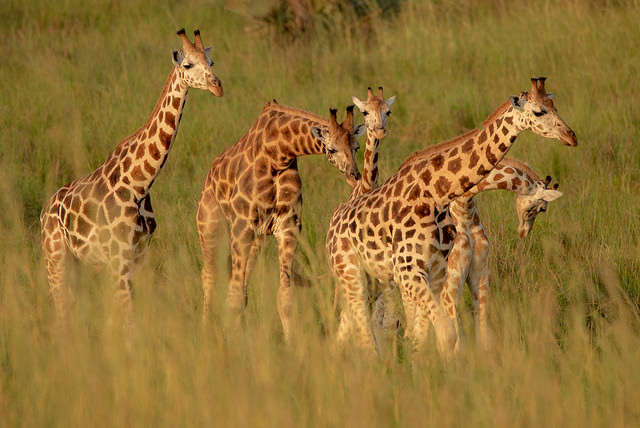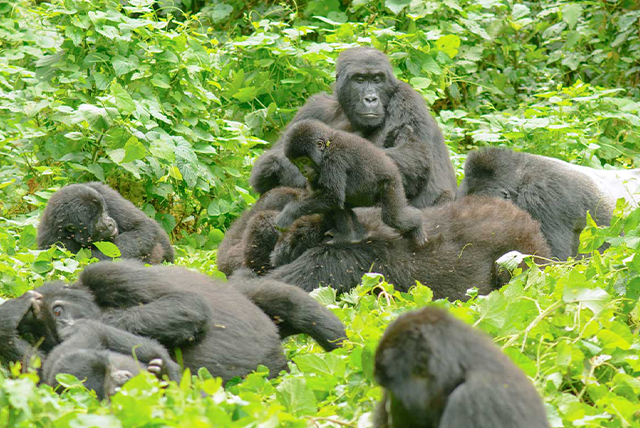Is Botswana Safe
Is Botswana Safe?
Botswana stands out as one of the most stable nations in Africa and ranks among the top 10 safest destinations to explore globally. Tourism thrives in Botswana, standing out from its neighboring countries, and enjoys a sense of safety away from the crime that affects other parts of Africa. Many travelers exploring the country often gravitate towards Botswana’s prominent national parks.
With minimal disruptions, embarking on a journey to Botswana stands out as an ideal choice for those eager to explore Africa. The country boasts a contemporary and advanced landscape, with infrastructure that functions seamlessly. The tap water in the towns and cities is safe to drink, and there’s no need for vaccinations against cholera or yellow fever.
HIV/AIDS is a significant concern, but if you take the right precautions, you can navigate through life without facing unnecessary risks. However, the most thrilling challenge for travelers lies in the untamed wildlife and the perils of navigating through the wilderness.
In Botswana, the landscape is largely free from the turmoil of natural disasters, presenting a serene environment with minimal challenges in this area. Gaborone Dam has experienced floods, posing a significant risk of overflowing due to heavy rainfall upstream, which is crucial for the city’s water supply.
The country also faces intense heatwaves that lead to periods of drought. Stay updated on the latest happenings and conditions in the country before you embark on your journey. If an incident occurs, find a safe place to take cover and eagerly anticipate the arrival of rescuers.
Areas with noticeable Crime Risk in Botswana
Gaborone serves as the vibrant capital of Botswana, bustling with life and energy as the most populated area in the country. Consequently, it will experience the most thrilling levels of crime in the country. This should inspire you to stay alert and aware of your surroundings, especially when it comes to potential street crimes like theft.
Maun is the vibrant heart of tourism in the country. Many travelers exploring the country often find themselves in Maun. Visitors can sometimes find themselves in tricky situations as they navigate new and unfamiliar places.
Francistown stands as Botswana’s second largest city, brimming with opportunities for exploration and excitement. In every bustling city around the globe, a larger population often brings with it the potential for increased crime. Stay alert with your belongings and steer clear of solo nighttime adventures.
Be mindful of your luggage, as there have been reports of baggage theft at the airports.
Essential Safety Guidelines for Your Stay in Botswana
When exploring the city after dark, it is wise to take a taxi from your hotel to the bars or restaurants. Ensure your belongings are secure and stay alert to your environment, keeping an eye out for anyone who might be observing you, especially in bustling places.
Exercise caution when using your phone in public spaces and steer clear of using it in bustling environments. Keep your credit card close and avoid using ATMs after dark or those located on busy streets.
When exploring a game park, keep a safe distance from the wild animals and adhere to your wildlife guard’s guidance. Steer clear of swimming in rivers and lakes, as they can pose risks from wildlife and water-borne illnesses.
Transport in Botswana
When venturing into remote areas, it is essential to map out your journey beforehand and secure your travel and lodging arrangements early on. Pack your emergency supplies, such as water and fuel, and get ready for some thrilling off-road driving experiences. In the most secluded regions, journeying with companions or carrying a satellite phone is wise in case of any unexpected mishaps.
Public transport options in Botswana are quite sparse. The main cities offer a vibrant public transport system, primarily consisting of minivan taxis that accommodate around 16 passengers. These taxis journey along established paths and can be effortlessly flagged down. Buses serve as the favored means of transport in Botswana for journeys between cities.
Many visitors to Botswana opt to rent a car and explore the landscape on their own. Travelers can explore with an international driver’s permit alongside their valid home country license for a period of up to three months. The roads in Botswana are in excellent shape and are kept in great condition. The maximum speed allowed on highways is 120 km/h (74 mph), while in urban areas and towns, it is set at 60 km/h (37 mph).
Some roads in Botswana still present challenges. There are unpredictable drivers and confusing signs. The most significant challenge is the presence of both domestic and wildlife animals on the roads. When the rainy season arrives, dirt roads can turn treacherous, making it wise to avoid driving on them after dark.
Driving in Botswana
Embrace the journey ahead and navigate with care. Never take for granted that other drivers will act as they should.
• Overtake only when it feels right and secure. Always exercise caution and avoid overtaking on a blind rise or in areas marked by a solid white line.
• Always be aware of your surroundings before changing lanes, even when the road appears empty.
• Remain vigilant and observe the world unfolding around you.
• Stay ready for unexpected situations. Pack an emergency kit with essentials that will be useful if you find yourself stuck on the roadside or caught in a vehicle mishap.
• Stay alert for unpredictable drivers and pedestrians navigating the road.
• Stay vigilant for unexpected obstacles such as potholes or wildlife that might wander onto the road, particularly after dark. Steering clear of nighttime driving is wise.
Capturing Moments on camera In Botswana
Capturing images or recording videos near military and government sites is not allowed. Always seek consent before capturing images of individuals in Botswana.
However, Botswana is the perfect destination to challenge your wildlife photography abilities. Do not forget to pack insect repellent and extra batteries; you would not want to miss capturing that unforgettable moment. Be sure to stay close to your tour group and not stray too far.
Be sure to have a garbage bag or any other item handy to protect your gear when those surprise rain showers hit.
Regulations and Traditions in Botswana
While there may be police and veterinary roadblocks filled with bureaucracy and uninterested officials, instances of corruption are uncommon. During these occurrences, you might find yourself opening your bags for inspection at various checkpoints.
The Botswana Defence Force approaches their responsibilities with utmost seriousness, and it is wise to comply. Steer clear of the State House, the official presidential residence in Gaborone, particularly after dark.
Make sure your passport stays valid while you explore the wonders of Botswana.
Engaging in the buying, selling, killing, or capturing of any protected wild animal or trading its parts is against the law. Individuals who are found engaging in hunting, purchasing, or trafficking these goods will face prosecution, and if convicted, the penalties can be quite harsh.
In Botswana, the predominant belief system is Christianity, embraced by more than 60 percent of the population. In the midst of the 19th century, David Livingstone introduced it, leading to the conversion of the Chief of Bakwena to Christianity. The main denominations include Roman Catholic, Anglican, Zion, Lutheran, and Methodist Christian Church.
LGBT Rights in Botswana
While homosexuality is no longer illegal, societal attitudes remain less welcoming compared to other Western nations, and showing affection in public may draw unwelcome scrutiny.
EXPLORATION
Engaging in drug use and trafficking is a grave violation of the law. The consequences can be harsh, leading to lengthy prison sentences. Steer clear of carrying packages from unfamiliar or questionable sources in your luggage, as it could lead you into a perilous situation.
REGULATIONS Restricted Items
The entry of certain items into Botswana is entirely forbidden. Possessing prohibited goods can lead to serious consequences, including seizure and legal action. Among these are:
• Substances that can lead to dependency and are associated with narcotic effects in any form.
• Weapons, projectiles, and explosive devices
• Inappropriate and explicit content including adult literature, magazines, films, videos, DVDs, and software
The items listed below are available without duty:
Wines – 2 liters
One litre of spirits and other alcoholic beverages
Cigarettes – 200
Cigars – 20
Cigarette or pipe tobacco – 250 grams
Fragrance – 50 ml
Liquid for restroom use – 250 ml
• If you find yourself uncertain about the items and their worth that need to be declared, do not hesitate to seek help from the customs officer.
ADVENTUROUS JOURNEY AHEAD
If you find yourself without your passport, make sure to head to the local police station right away to file a report or notify them about the lost property.
Get your personal copy of the report or investigation document. You will find it essential down the line when you seek a new passport, submit an insurance claim, or if your passport happens to fall into the wrong hands.
HEALTHCARE SERVICES IN BOTSWANA
The government healthcare system in Botswana is widespread across the nation. Private healthcare facilities boast superior medical equipment, making it wise to secure medical insurance for your journey.
It is wise to take advantage of travel insurance and medical aid services offered by your provider at home, ensuring you can access treatment in the private medical facilities in Botswana. Private healthcare providers are designed to embrace the spirit of exploration and offer excellent service.
VACCINATIONS
The CDC and World Health Organization suggest the following vaccinations for Botswana: hepatitis A, hepatitis B, typhoid, yellow fever, rabies, meningitis, polio, measles, mumps and rubella (MMR), Tdap (tetanus, diphtheria and pertussis), chickenpox, shingles, pneumonia, and influenza.
Measles is present in numerous countries, and outbreaks of this disease are unfolding across the globe. Before you embark on your journey, no matter your destination, ensure you are completely safeguarded against measles.
In central and northern Botswana, the risk for Malaria is notably high, while the rest of the country presents a lower risk. The peak danger of transition occurs during the rainy season, spanning from November to June. When exploring these regions, it is wise to obtain anti-malaria medication for your journey. It is strongly recommended to use insect repellent.
MALARIA
Malaria, a disease driven by the Plasmodium parasite, finds its way into the world through the bite of the female Anopheles mosquito. This mosquito is silent and leaves no mark where it bites, leaving a person unaware of the encounter. This avoidable illness impacts around 216 million individuals globally and leads to the loss of 445,000 lives, predominantly among children.
CUISINE AND DRINK IN BOTSWANA
The tap water in the main cities of the country is generally considered safe. In Botswana, the risk of typhoid arises from consuming food or water that has been contaminated. The CDC advises getting vaccinated for most travelers, particularly if you are exploring smaller towns or rural regions, or if you enjoy trying new and exciting foods.
Enjoying thoroughly cooked hot foods can help steer clear of most infections. Raw fruits should be enjoyed only when their skin is intact and they are properly peeled. It is best to steer clear of raw vegetables and salads because of potential contamination.
If food has been left out of a refrigerator for more than an hour, particularly eggs, chicken, and dairy, it’s best to avoid consuming them.
STEER CLEAR OF WANDERING DOGS AND CATS
Refrain from interacting with stray, domestic, and wild animals in Botswana. In Botswana, dogs, bats, and various mammals can carry rabies, prompting the CDC to advise getting a rabies vaccine. Adventurers engaging in outdoor pursuits like camping, hiking, biking, and caving may find themselves at risk for animal bites.
IS BOTSWANA A SAFE PLACE FOR WOMEN AND CHILDREN?
Women from abroad have not faced any targeting in the country. So, is Botswana a good destination for solo women travellers? It certainly seems that way. The challenges faced by women are consistent even in western nations.
It is wise to always have company when venturing out after sunset. Single women in nightclubs or bars should stay alert and mindful of their environment and what they are drinking. Women should be mindful about the time they spend out at night.
Botswana stands out as one of the rare African destinations where children can explore with safety and excitement. Exploring Botswana with your child promises to be an exciting experience filled with opportunities for discovery. Keep a watchful eye on children at all times, particularly during your journeys.

